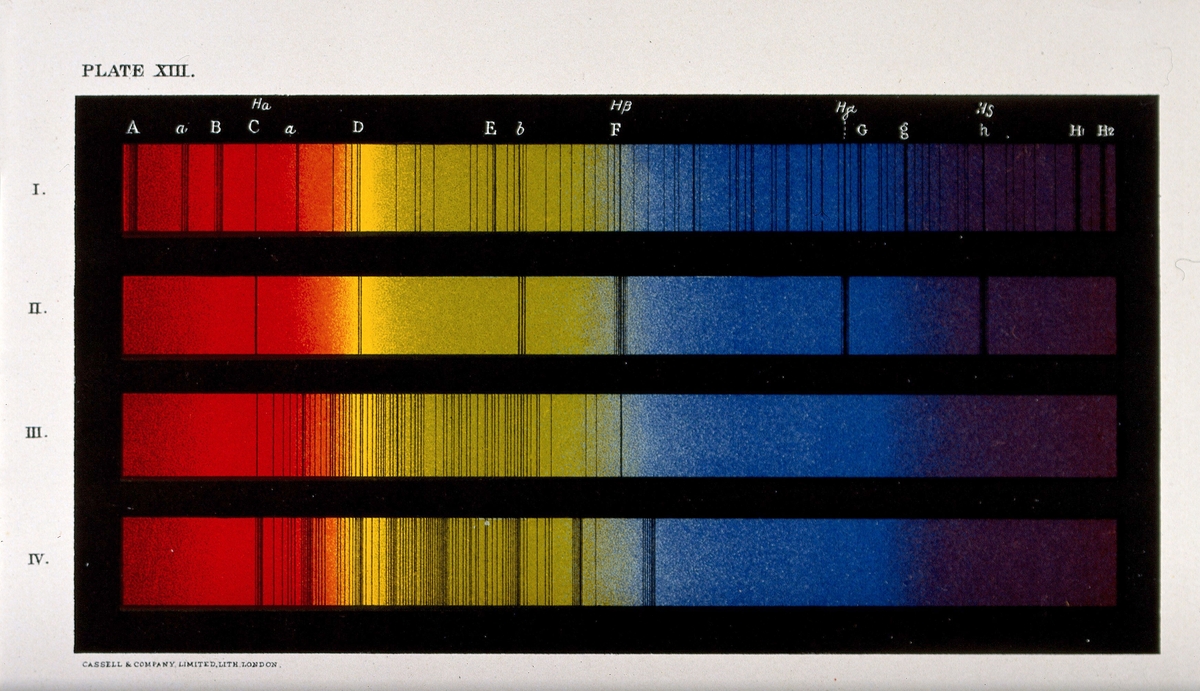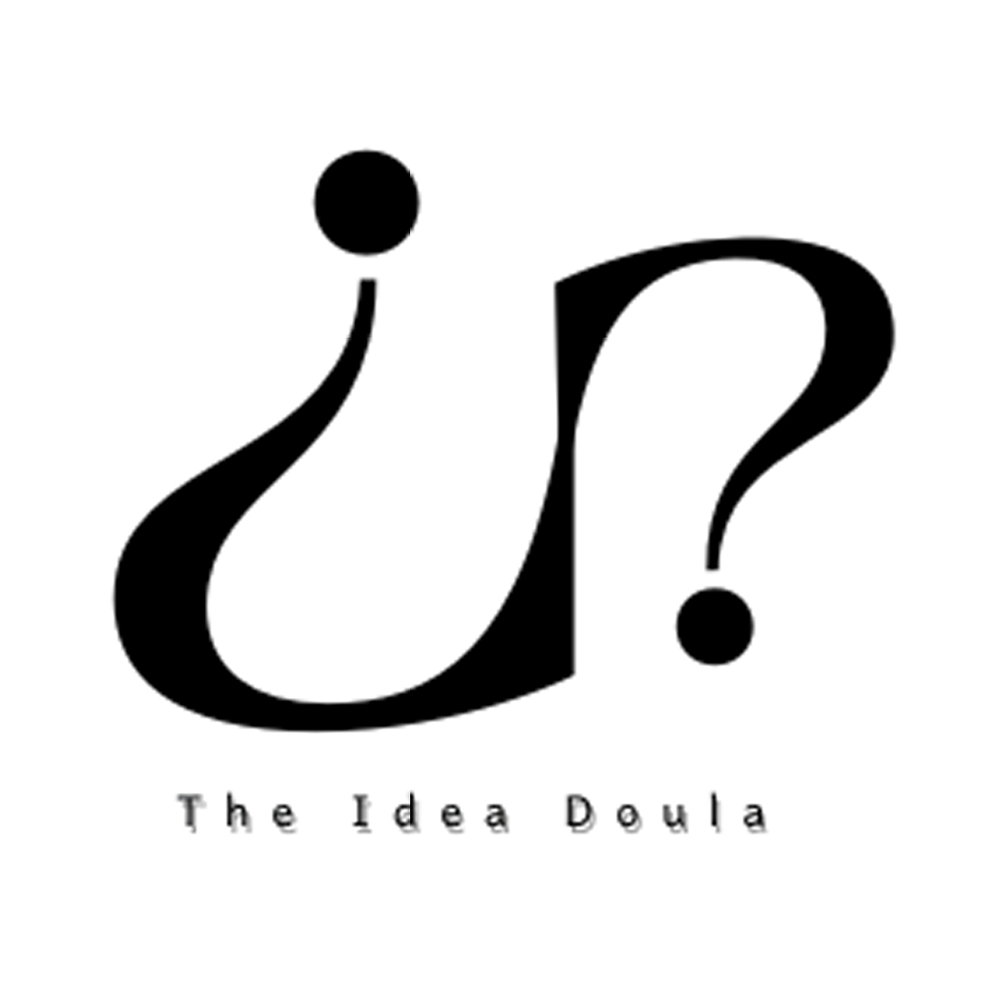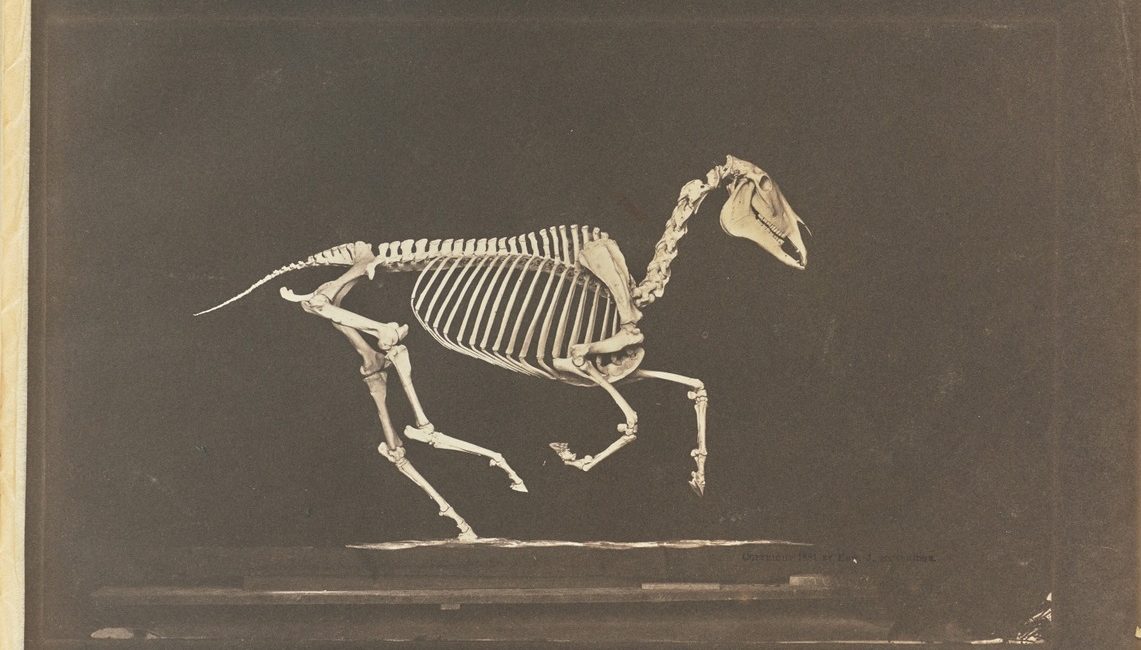The Artist-Creator’s Office (Dispatch No. 16)

While scrolling on social media towards the end of last year, I stumbled upon a creative challenge where an artist applies to whatever creative opportunities occur to them with the aim of collecting 100 rejections. To my understanding, the purpose of this exercise is to release oneself from the fear of rejection, to actively pursue creative opportunities, and to strengthen one’s skills of communication. Rather than beginning with the original 100, I figured I would start with 50 rejections as my goal for 2025. I was fully aware the challenge would frustrate me beyond imagination. What I didn’t know is that this exercise was going to grow my capacity for grief and my ability to be present with the full spectrum of my emotions.
When you experience a harsh inner critical voice, filling applications is a harrowing venture. But this convoluted exercise made the first couple of rejections a joy to receive. After all, I was accomplishing a goal, right? While I’ve come to understand that this critical voice is loud because the anxiety I experience is also very loud, it still rises every time I start on a new application. It got so bad I had to stop applying for things in March because I felt as if I had received my fill of rejection for a decade, let alone one year. Thus far, the tally stands at 9 rejections out of 21 applications.
For people job hunting in 2025, 9 is a drop in the ocean compared to the sum they receive on a monthly basis. As someone who has been largely self-employed for the past 3 years, it has come as a shock. One rejection remains significant as it is the only one thus far that has elicited a big cry. Many friends had forwarded me a poster inviting applications from poets who were interested in a writing stay in Northern Kenya. They all said I fit the bill perfectly. I agreed and I applied, nervous but close to sure that I was a shoe-in. When I received the rejection, I was certain of at least one poet who’d receive the acceptance. When the organizers announced and I saw that familiar face, the devastation set in fully, a sickening high tide.
In all honesty, I struggle with a sense of jealousy towards this poet from time to time, even as I savor and admire their work. Jealousy is defined as a painful awareness of another’s possessions or advantages and a desire to have them too. I think this sense is made worse when I remember the various systemic inequities that make it difficult for an artist like me to navigate this creative scene. Is it jealousy or is it a longing for opportunities that platform a diverse set of voices? Or is it both? Is it jealousy or is it the feeling that I deserve a level of access that my level of experience does not merit? Or is it both? Whichever it is, that harsh inner critic rises up again, finding fault with each action up until I received the rejection. Maybe if I’d chosen different pieces or written a different artist statement, maybe then I’d have been accepted.
When I sit with the jealousy, the possible entitlement, and the acute awareness of structural injustice, I am getting closer to the root of my artistry. Instead of cloaking the messiness of my emotions towards a fellow artist beneath the tarp of structural injustice, I can come to a place of recognizing that they’ve probably also weathered their own share of unfair situations to have arrived at the space they currently occupy. Even privilege is a illusory insulation against the experience of tokenization and the oppression of artists in general. But these insights cannot occur without fully sitting with the pain of what I experience when I receive a rejection. The pain is great; it will not be ignored. It must be collaborated with, if there is any hope of healing or, at the very least, survival.

In a personal newsletter I share with friends and family, I wrote, “I thought I was grieving, but I was drowning in resentment and bitterness. When I think about it, bitterness and resentment are present with pain and loss, but they are not interested in releasing them to Time. Once these perspectives have chosen an orientation, they remain fixed. Grief is presence with pain and loss that is willing to collaborate with Time to figure out what release and rebirth looks like; grief’s orientation to its perspectives are flexible.”
By fully allowing my pain to surface when I receive a rejection, I am developing my ability to interface with my pain in other situations in my life. I am learning that pain is a reality, whether you’re talented or not; you might as well apply yourself to your work. Genuinely, I think this practice of sitting with my pain and releasing it to Time has been making me a much more empathetic person. Pain is personal, but it is not unique. I have yet to meet an artist who doesn’t struggle with some level of grief surrounding their practice. By applying to these opportunities to the best of my given capacity on a given day, I feel that I’m becoming more skilled at showing up to every day fully. I prefer to cultivate the richness of a life that results in grief, and it will inevitably, rather than the deprivation of an existence that culminates in a stagnant world of regret.
By sharing this with someone you think might enjoy it, you are supporting my journey to the center of my heart. For the generous and resourced — invest in my dreams.

